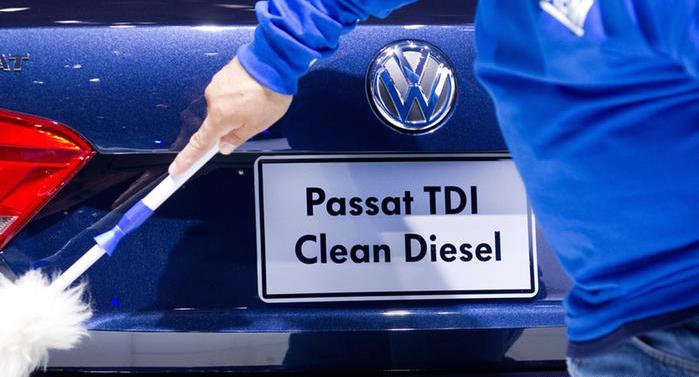
New Zealand owners of Volkswagen Group vehicles affected by the emissions cheating scandal might be able to sue the carmaker, says Consumer NZ chief executive Sue Chetwin.
But they would need to show under the Consumer Guarantees Act that they had been hurt financially. “They could certainly say that VW has falsely advertised that its vehicles meet emissions standards,” she said.
“However, to actually make a claim against VW they’d need to demonstrate that they’d suffered damage or loss.

“It doesn’t seem to me that they have, although it’s conceivable, albeit unlikely, that the resale price (of the vehicle) could be affected, and if that turns out to be the case they may have the basis for a claim.”
Ms Chetwin said any fix the VW Group made to emissions software would constitute a repair and that would discharge VW’s obligations under the Act.
“The issue wouldn’t warrant rejection under the Act and, again, for further redress a customer would have to demonstrate that they’d suffered loss or damage,” she said.
Factory software designed to hoodwink diesel emissions testers is on upwards of 7500 new VW Group vehicles in New Zealand – 4639 VWs, around 1600 Audis, and 1328 Skodas – made between 2009-15 and each using the codenamed four-cylinder EA189 turbo-diesel engine. Used imports are also likely to be affected.
The offending VW vehicles are 1411 Tiguans, 1357 Passats, 874 Amaroks, 680 Golfs, two Polos, two Sharans, and one Touran. The Audi list is mostly A3 hatchbacks and A4 sedans and wagons and a handful of Q3 and Q5 SUVs. The affected Skodas are 535 Superbs, 497 Octavias, 267 Yetis, and 29 Rapids.
Meanwhile, designated VW chairman Hans Dieter Poetsch has pleaded for public trust in advertisements in Germany’s national newspapers, saying the scandal could pose “an existence-threatening crisis for the company.”
One German newspaper reported that a VW internal probe has found several engineers who admitted installing the cheat software in the EA189 engines because they couldn’t meet both emissions standards and cost controls.
The scandal began when the US Environmental Protection Agency found VW had installed a ‘defeat device’ software algorithm on its cars to manipulate exhaust emissions tests, making its cars appear cleaner than they are.
The net result is that cars pass strict US emissions limits under laboratory conditions, but when unplugged from the testing rigs, the diesel engines emit nitrogen oxides (NOx) up to 40 times the legal limit. More than 11 million cars worldwide have been affected.
